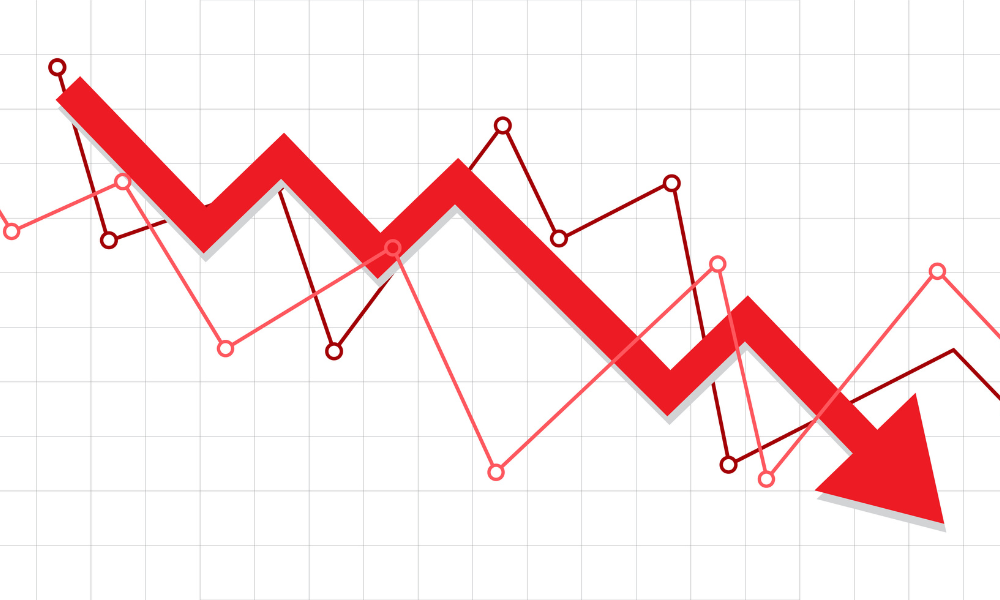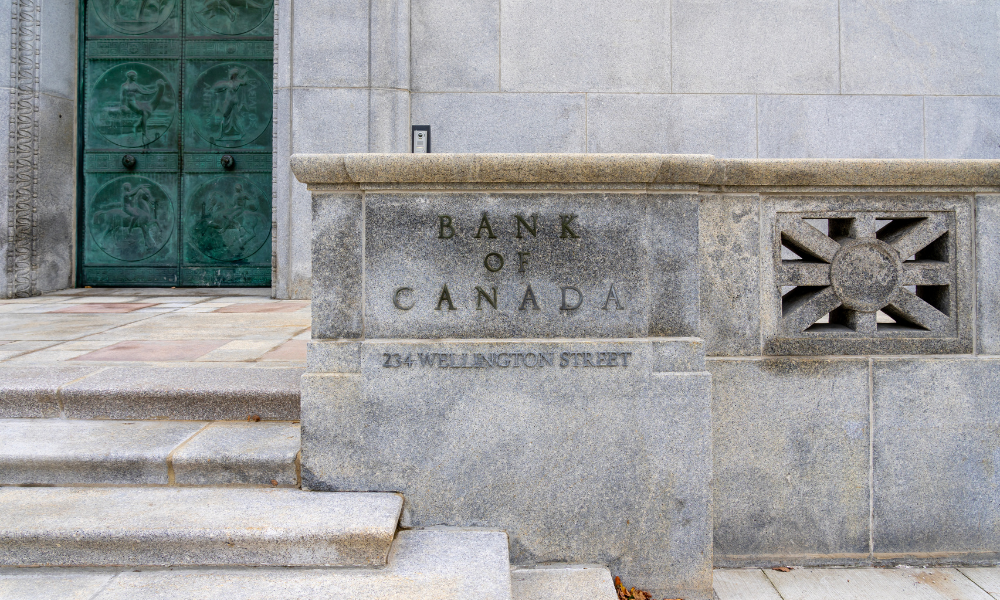The 30-day relief from Trump’s new levies may not be extended requiring pivots

Policies and pivots are key to mitigating the ongoing risk to Canadian businesses from the Trump administration’s threat of tariffs, even though they are paused for now.
With businesses concerned about the potential devastating impact of a trade war with the US, and Quebec risking recession if tariffs are imposed, the CDPQ has launched a new program aimed at supporting business projects that increase productivity or enable firms to strategically pivot to new markets.
It comes as KPMG research reveals that, even though direct tariffs on Canada are on hold, nearly two-thirds of Canadian businesses still face a hit from newly imposed 10% tariffs on China, with almost nine in ten respondents saying they are or may divert goods to countries not facing tariffs.
"The uncertainty caused by potential tariffs on Canadian goods and newly imposed tariffs on China has made it very difficult for Canadian companies to plan, operate and stay competitive," says Alain Sawaya, National Leader of KPMG in Canada's Supply Chain practice.
KPMG found that nearly two-thirds of Canadian businesses had already taken pre-emptive action and prepared for tariffs by shipping goods or products to the US before President Trump's inauguration.
The CDPQ program is designed to focus on its core pillars of helping business in Québec with access to capital, expertise, and networking with its wide portfolio of companies in 70 countries.
"We must take the current context as a call to action and use it to mobilize like never before. Whether or not the tariffs materialize, it's time to leverage all the know-how of our companies to drive Québec forward. CDPQ will be there to finance productivity-boosting projects and help companies diversify their markets," said Charles Emond, president and CEO of CDPQ.
Recession risk
BMO Economics’ senior economist Sal Guatieri said this week that tariffs could have a particularly negative impact on two provinces in particular.
“Should tariffs be imposed and remain in place for a full year, Canada, and especially manufacturing-heavy Ontario and Quebec, would likely face a recession that sends the national jobless rate up one percentage point to around 8%,” he wrote in a commentary.
Dan Kelly, president of the Canadian Federation of Independent Business, welcomed the pause on tariffs but warned against complacency.
“While we catch our breath and implement the border measures, we can’t afford to take our eyes off the many other critical changes needed to prepare for the future,” he urged. “This means we need to seize the opportunity now to bring in policies that improve our investment climate, reduce taxes, slash red tape and break down internal trade barriers to ensure we are prepared no matter what external threats come our way.”



